EUROVOLC Iceland Summer School 2021
Eruptive processes, observations and responses
The school will address the main aspects of eruptive volcanic phenomena and processes and introduce various observation-, measuring- and modelling-techniques and their applications towards estimates of volcanic hazards. Emphasis will be placed on the variety of environmental settings and their influence on both monitoring methods and hazards. Case studies of recent eruptions will be presented to investigate the variety of volcanic areas (and related hazards) across the world.
Summer school participants will receive relevant teaching material and video tutorials and are required to engage actively in the school by participating in delegated group assignment.
Due to COVID-19 travel restrictions, the school will be hosted remotely via Zoom.
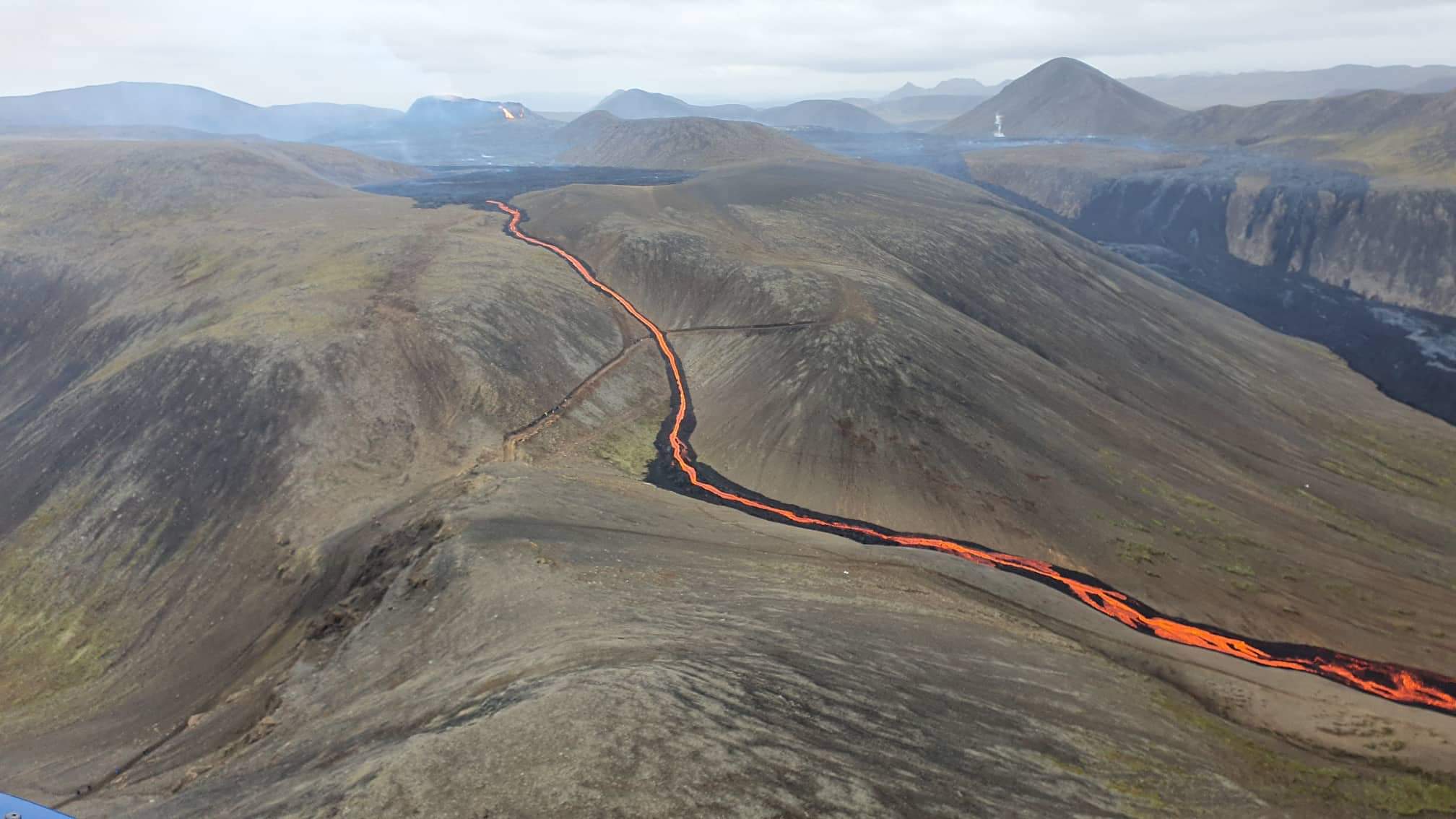
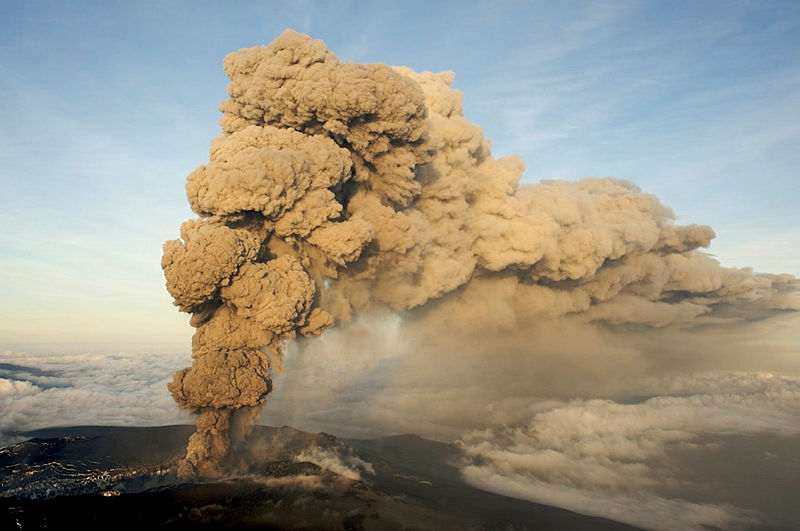
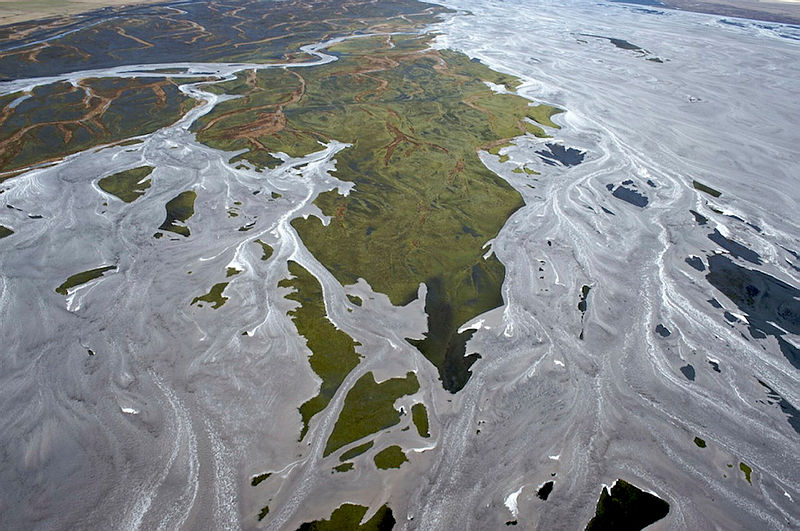
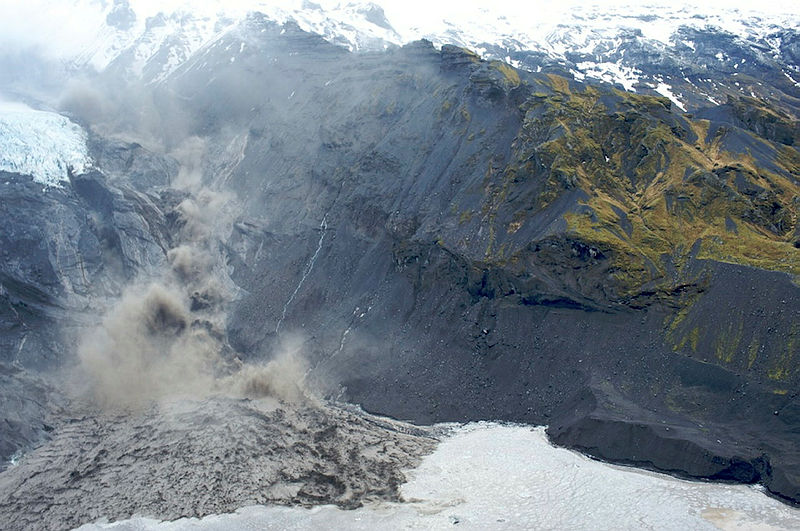
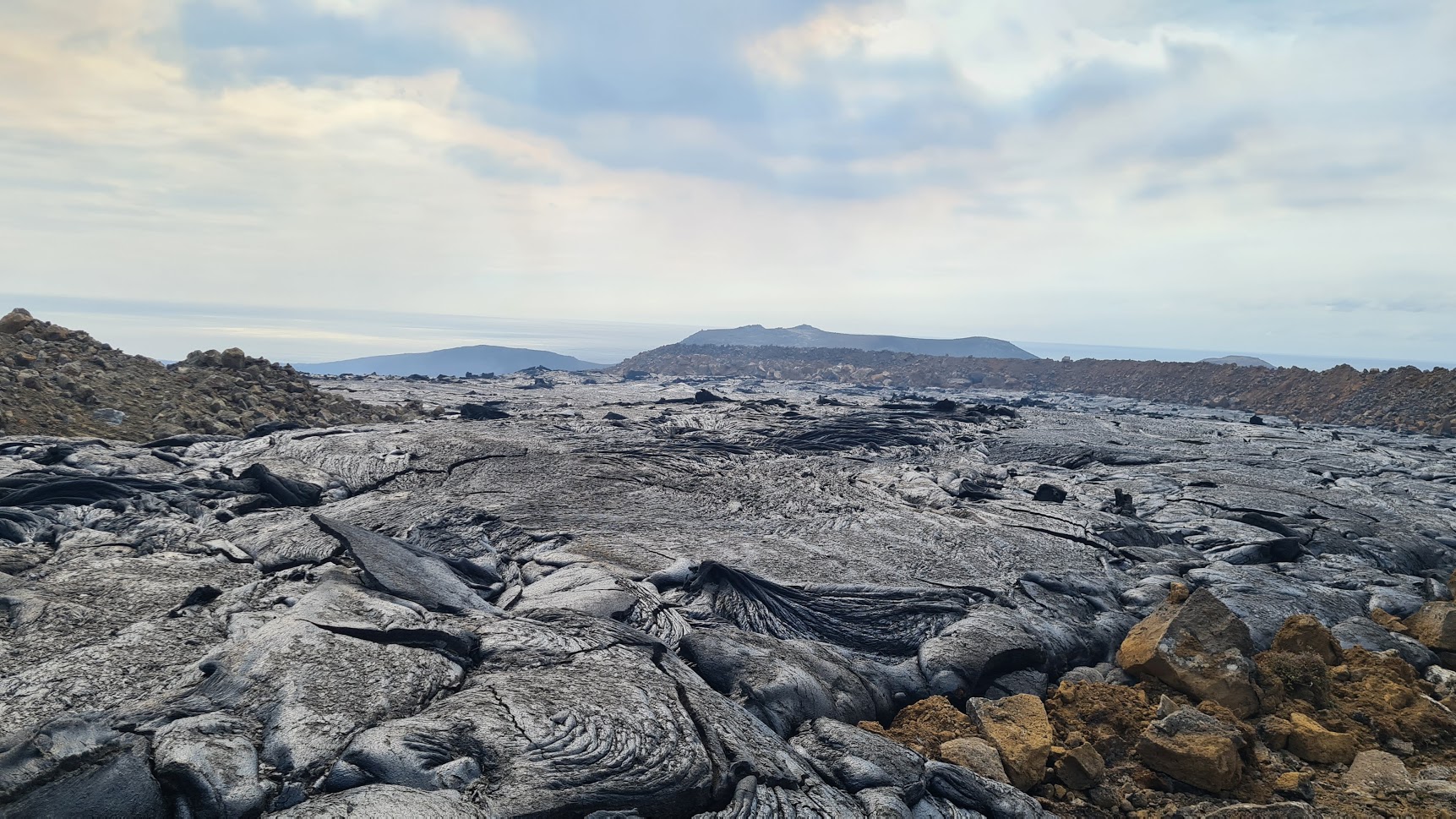
Dates: 20-23 & 27-29 September 2021
The school is aimed at young scientists at Ph.D and Postdoc level. The participants will be selected on the basis of the relevance of the course for their current research activities.
Deadline for registration:
20 August 2021
Information on acceptance:
28 August 2021
The work involved in taking part will be equivalent to 4 ECTS.
Application deadline has passed
Optional field trip: A one-day field trip, guided by several of the summer school lecturers will be arranged for those participants who are interested. It will take place in the week following the summer school. The fieldtrip is not required to complete the school. Travel to Iceland, maintenance and accommodation, will be the responsibility of each participant.
EUROVOLC Etna Summer School 2019
Understanding sub-surface volcanic processes
The Mt. Etna summer school was hosted in Linguaglossa, Catania on the 2nd-6th of September 2019, with 30 participants attending. The following text is a summary from report D3.1 which addresses the full details of the school.
Exercises were carried out in the classroom, whilst the practical sessions took place in the field around the hotel. An open session with student’s posters was hosted at the hotel’s reception. The school included a field trip on Mt. Etna, for practical activities on outcrops, and at the monitoring stations constituting the Mt. Etna Monitoring and Surveillance network managed and run by INGV. The field trip focused on the NE-rift, one of the main geologic structures and a major magma intrusion zone at Mt. Etna. The students were introduced to the network of sub-parallel eruptive fissures characterizing the area, and its relationships with the most prominent tectonic feature of Mt. Etna (the Pernicana-Provenzana fault system). The multidisciplinary monitoring stations installed in this area were also illustrated in some detail, including a discussion on the advantages of having synchronized records of multiple geophysical signals from the same area for understanding the deep volcano dynamics and forecasting the short-term volcanic hazards.
Advertising the Mt. Etna Summer School 2019
The students will be introduced to multi-parametric modelling, data analysis and interpretation, and modelling of the sub-surface volcano dynamics. The school includes 2 days of frontal lessons, 1 day of excursion on Mount Etna visiting the multi-parametric monitoring stations, and 2 days of practical activities by the students in analyzing, processing and interpreting real data from Mount Etna.
The venue of the school is Linguaglossa (Catania, Italy), on the shoulders of Mount Etna. An icebreaker party will be held on September 1 at 20:00. A social dinner will be held on September 3. Each student will be asked to bring a poster on their current research activities, that will be on display for the entire duration of the school.
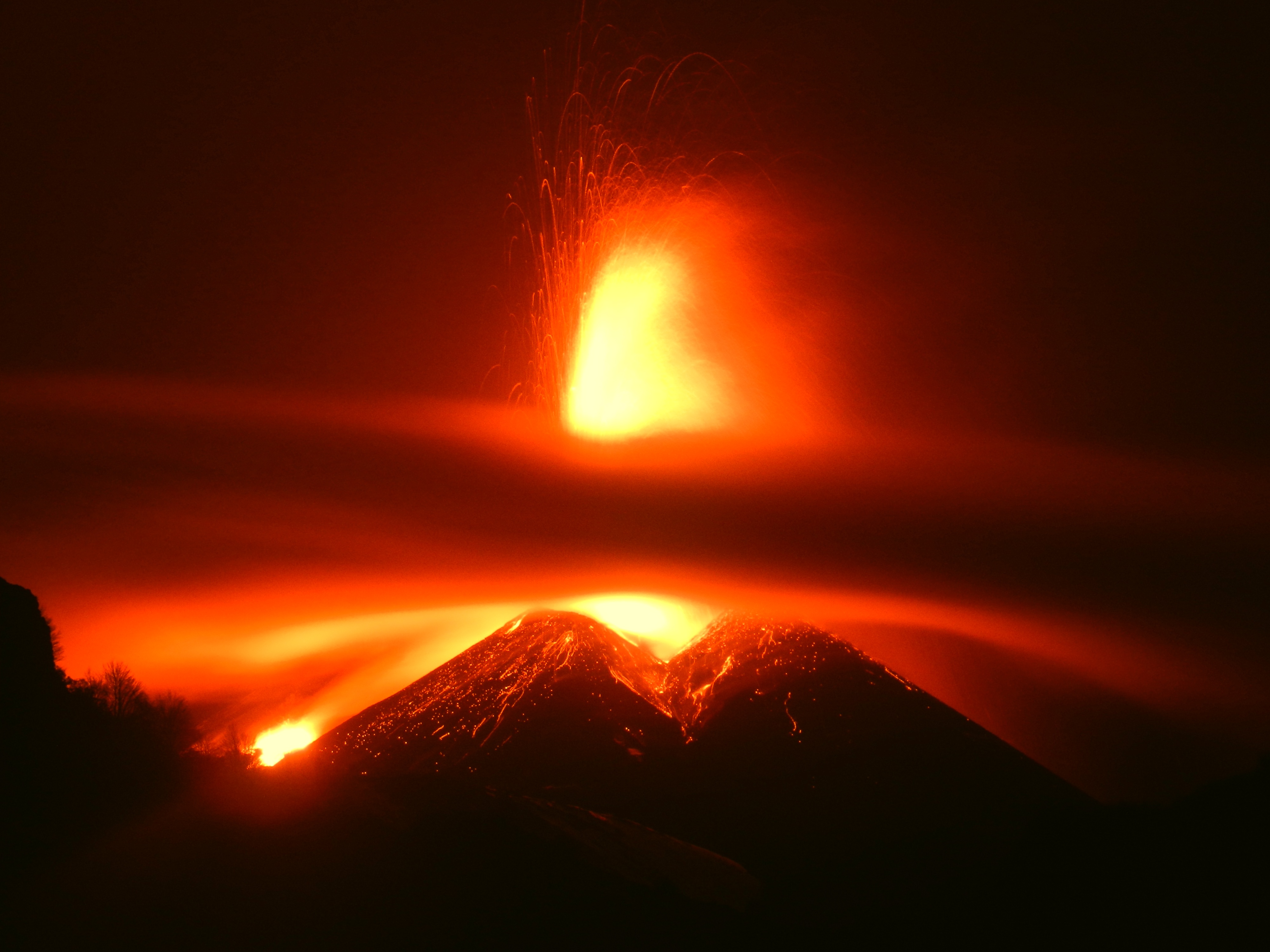
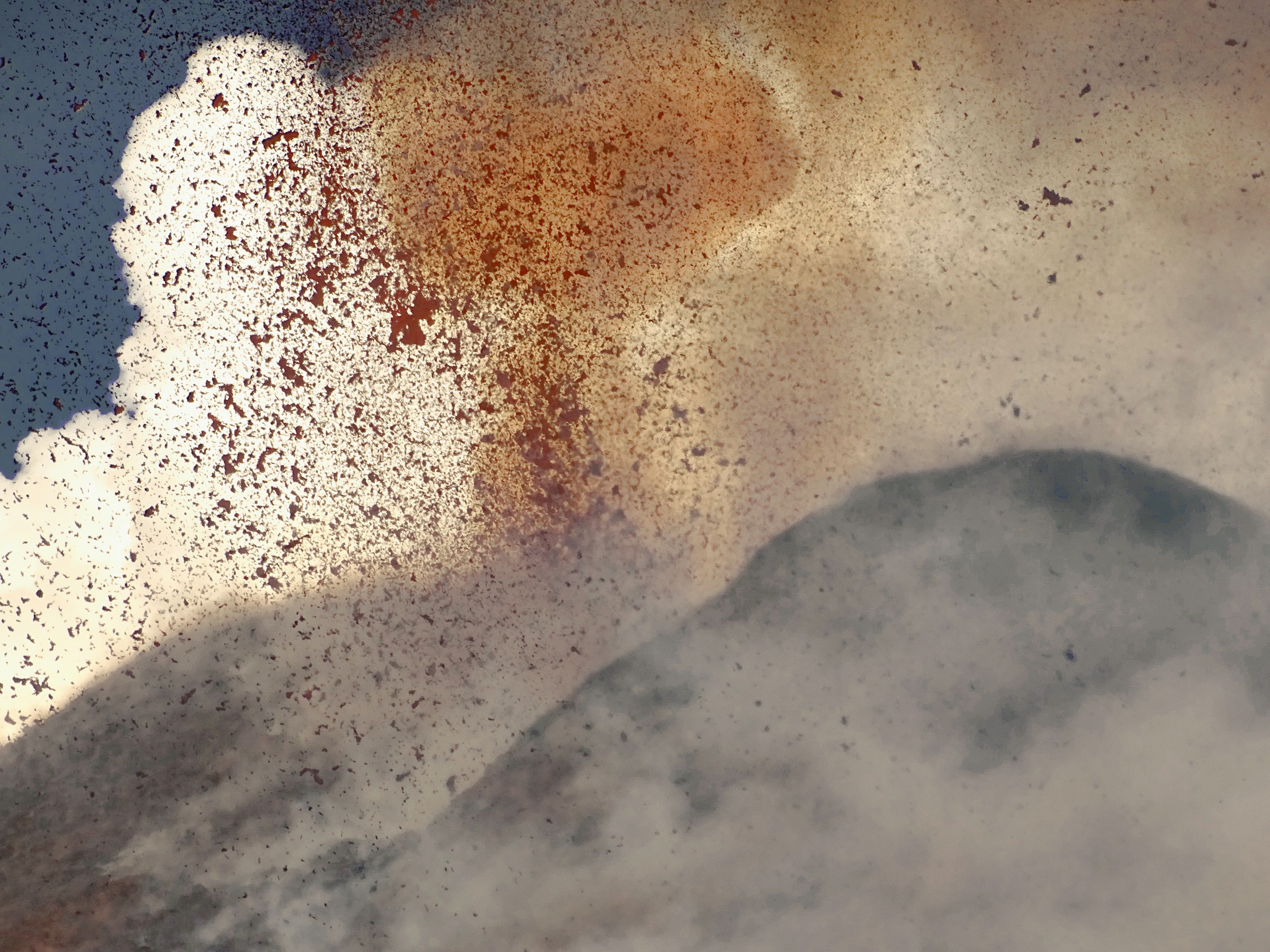
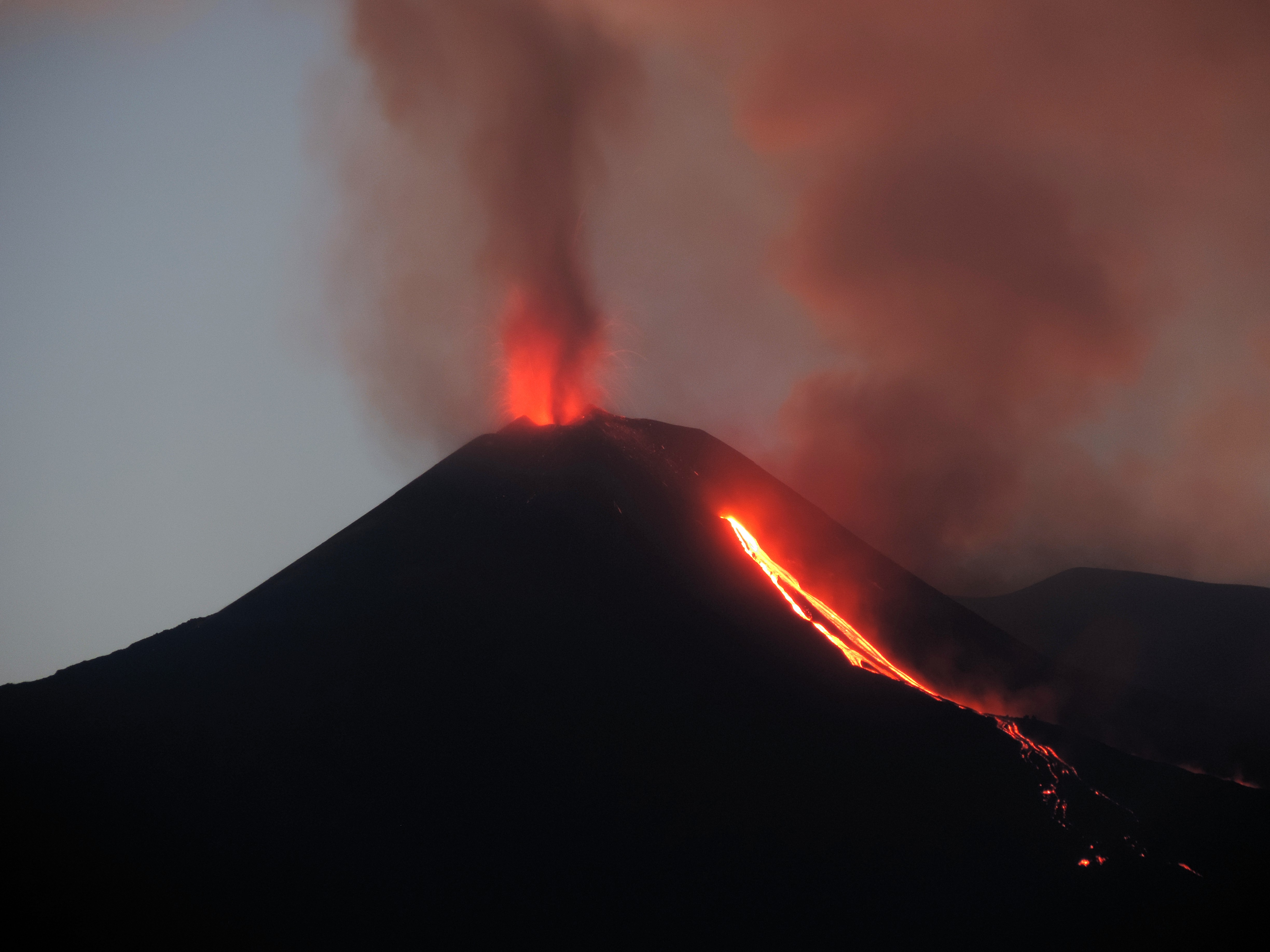
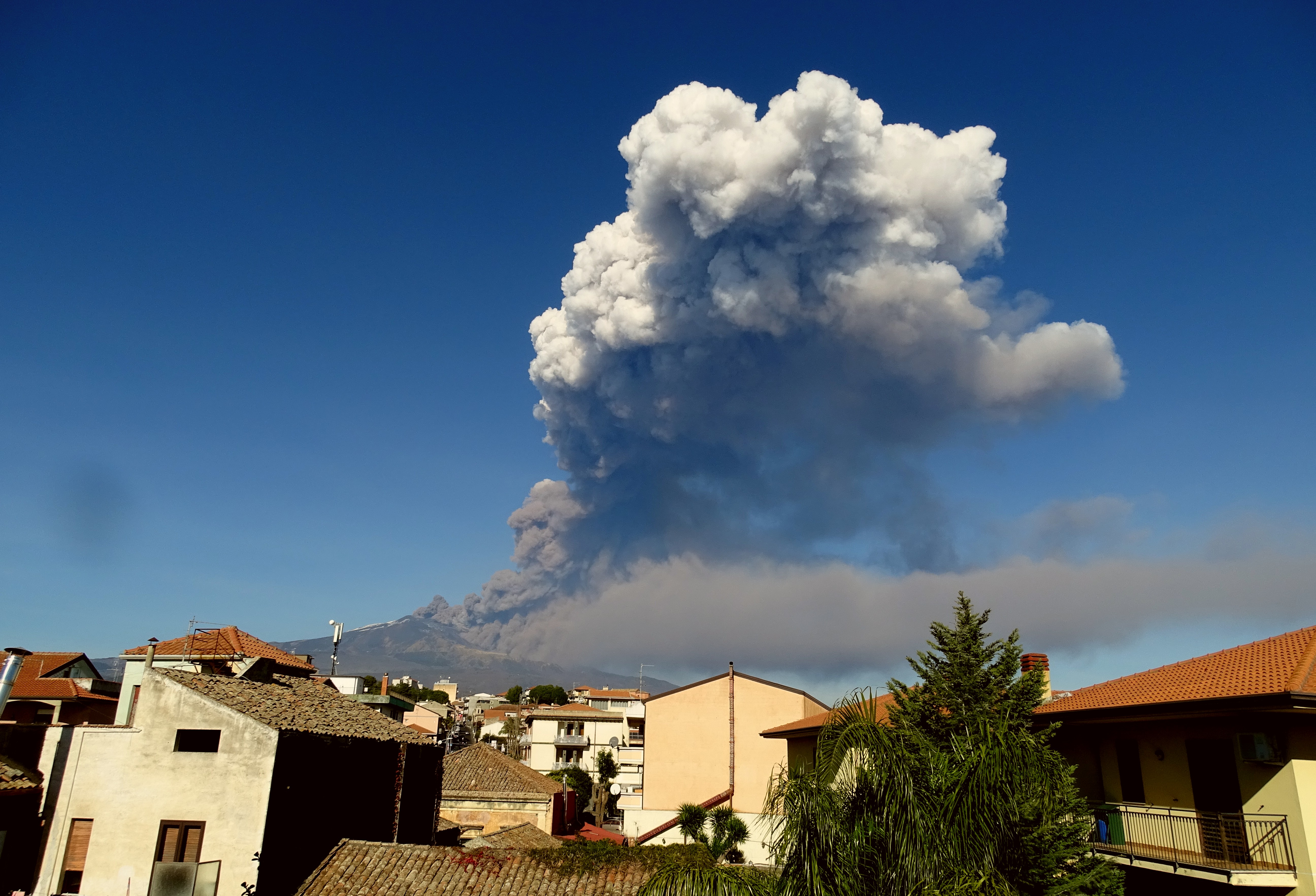
Dates: 2-6 September 2019
The school is aimed at young scientists at Ph.D and Post-Ph.D level. The participants will be selected on the basis of the relevance of the course for their current research activities.
Deadline for registration:
20 April 2019
Information on acceptance:
5 May 2019
